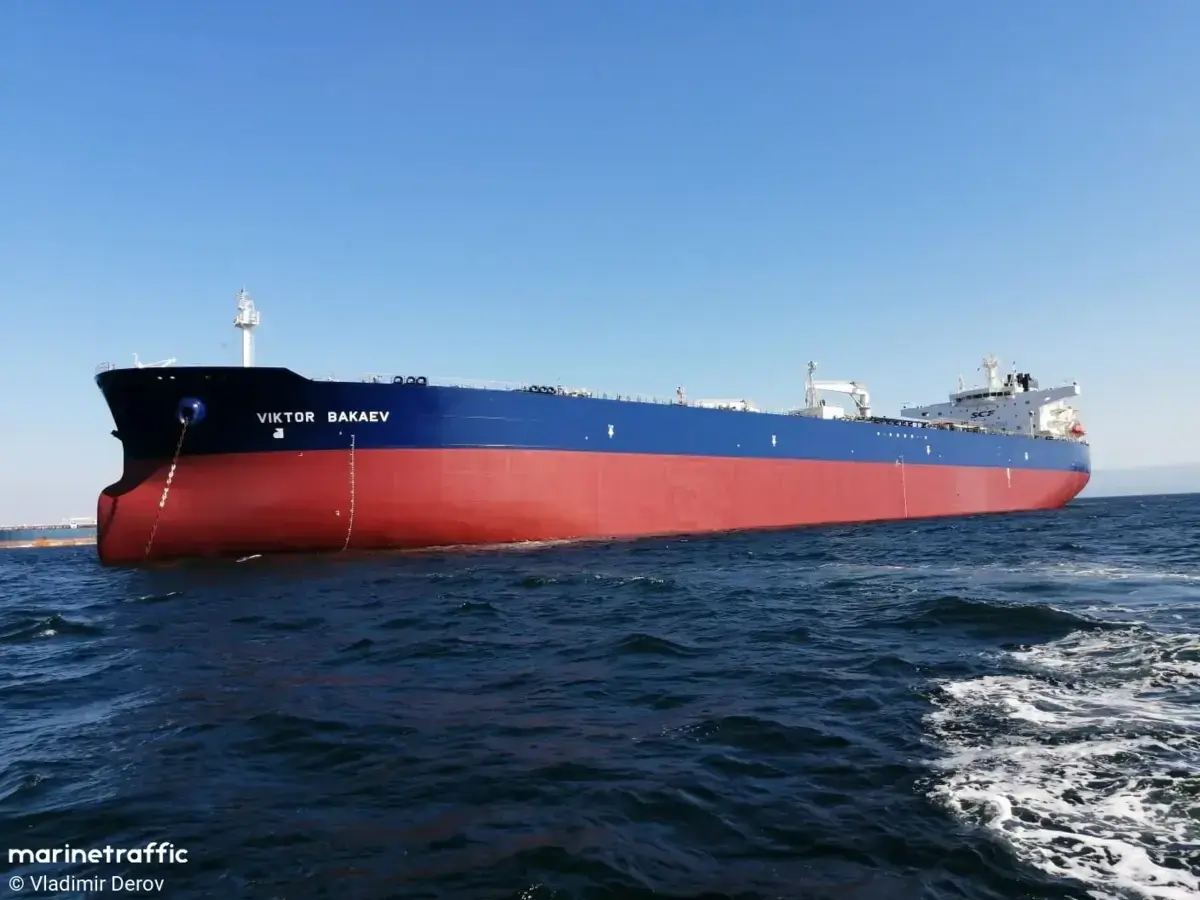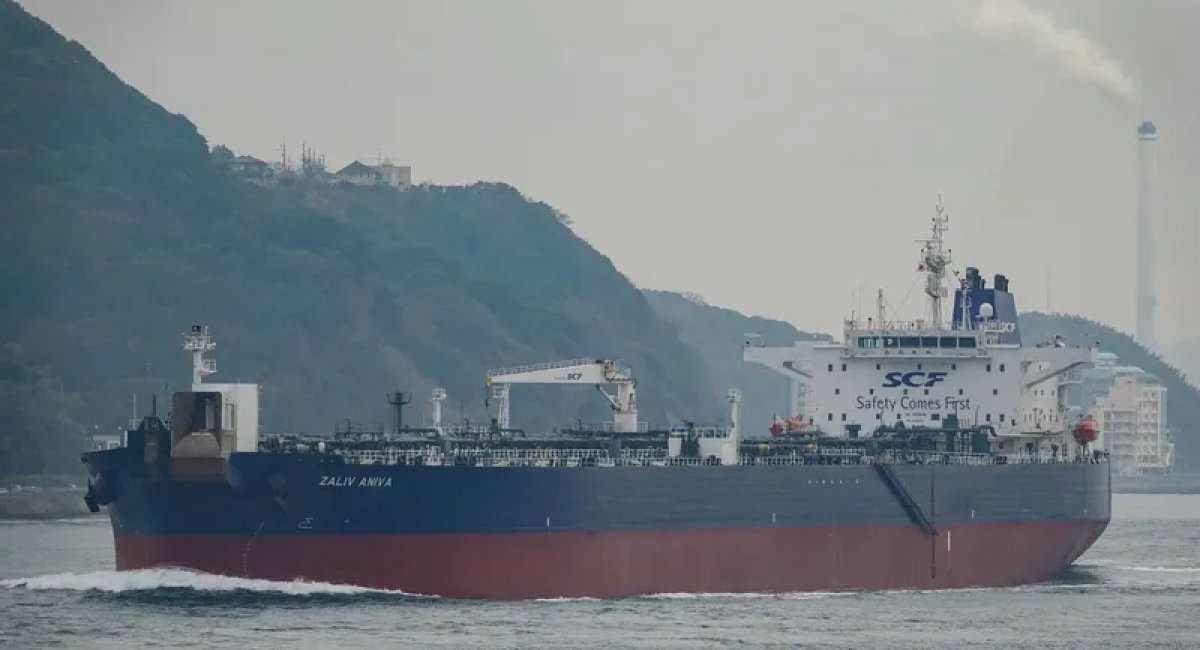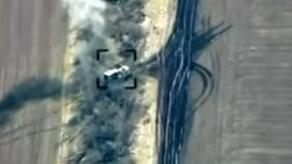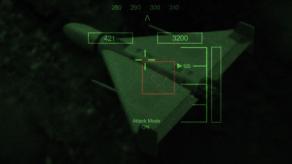The Defense Intelligence of the Ministry of Defense of Ukraine has published new report highlighting 31 additional vessels that are part of the so-called "shadow fleet" operated by russia and Iran. The information, available on the War&Sanctions portal, includes details on 20 russian oil tankers and 11 Iranian vessels. These ships play a crucial role in helping both sanctioned regimes evade international restrictions and profit from fossil fuel exports.
According to the latest data, the Shadow fleet section at War&Sanctions now lists 626 vessels affiliated with russia and Iran. Combined, they possess a deadweight of nearly 67 million metric tons. These ships operate outside global regulatory standards, often lacking valid Western insurance, and frequently employ deceptive shipping tactics that raise serious safety and environmental concerns.
Read more: russian Occupiers Dismantle Ukrainian Vessel in Sevastopol to Harvest Spare Parts
The 20 newly identified russian tankers have been involved in transporting crude oil and petroleum products from ports in the Baltic and Black Seas, as well as the Arctic and Indo-Pacific regions. Their cargo is largely destined for India, China, and other countries that have not joined Western sanctions. These operations often involve risky maneuvers such as turning off transponders, falsifying documents, or conducting ship-to-ship transfers in international waters.
In its effort to maintain cash flows from oil exports, the Kremlin continues to expand its maritime smuggling capabilities. To this end, russia is acquiring old tankers registered to shell companies and obscure owners in jurisdictions considered friendly to Moscow. These include Seychelles, China, Singapore, Azerbaijan, and India. The vessels typically sail under flags of convenience from countries like Panama, Sierra Leone, or even the russian federation itself.

Some of russian tankers are directly linked to sanctioned russian shipping companies such as Volgotanker JSC, Volgotrans LLC, Rosewood Shipping LLC, Eneya LLC, SBK Dolina LLC, Rodnye polya LLC, and Staksel LLC. The latter, Staksel LLC, was responsible for transporting fuel oil using the Volgoneft-212 tanker, which sank in the Kerch Strait in December 2024. That incident caused a major oil spill and triggered an environmental disaster in the region.
The Defense Intelligence also notes that some tankers from this shadow network have docked at ports in Crimea, which remains under russian temporarily occupation. These violations not only undermine international sanctions but also entrench Moscow's presence in the temporarily occupied Ukrainian territory by integrating it into illicit economic networks.
In parallel, Iran's so-called "ghost armada" continues to generate enormous profits through unregulated oil exports. These revenues, Ukraine's Defense Intelligence warns, are used by Tehran to fund weapons development and regional destabilization. Specifically, Iran channels billions of petro-dollars annually to its armed forces, including programs for the development and distribution of drones.
Hundreds of these Iranian-made drones are used in nighttime attacks on Ukrainian cities, contributing to a pattern of systematic violence against civilian populations. The publication of this information serves both as an intelligence warning and as an appeal for tighter enforcement of sanctions regimes. By shedding light on these vessels, Ukraine urges the global community to increase pressure on those enabling the circumvention of oil export restrictions.
Read more: Four russian Landing Ships Sunk — One New Ka-52K-Capable Vessel Built, But There's a Caveat














